Comparing Theories of Child Development
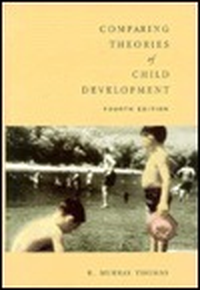
Summary
Explaining the nature of theories in the field of child development (including why theories are useful and why there are multiple theories), Thomas highly respected book covers the widest range of theories of any text currently available. Thomas suggests a variety of ways to compare theories to help guide the search of child development theorists who may be dissatisfied with existing explanations of how a child grows up. The content is comprehensive and up-to-date, and includes new material on the bio-electrochemical view of the child, over 70 new references, and charts that trace the popularity of each major theory from 1910-1995. Each chapter is organized around individual theorists and shows how the theories relate to the concepts discussed within each chapter.
Similar Books
-
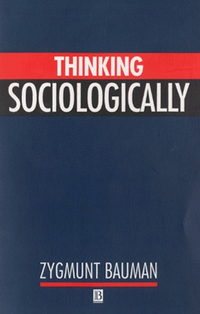 Thinking Sociologically
Thinking Sociologicallyby Zygmunt Bauman
-
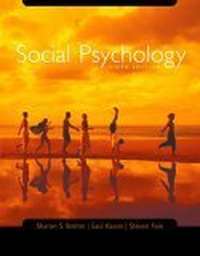 Social Psychology
Social Psychologyby Sharon S. Brehm
-
![Cover for Anthropology: The Exploration of Human Diversity [with Student CD-ROM & PowerWeb]](/static/covers/c8db819a09214097b75e3d6cda5a5ac5.png) Anthropology: The Exploration of Human Diversity [with Student CD-ROM & PowerWeb]
Anthropology: The Exploration of Human Diversity [with Student CD-ROM & PowerWeb]by Conrad Phillip Kottak
-
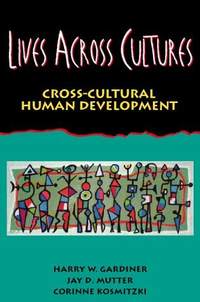 Lives Across Cultures: Cross-Cultural Human Development
Lives Across Cultures: Cross-Cultural Human Developmentby Harry W. Gardiner
-
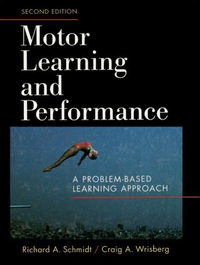 Motor Learning and Performance: A Problem-Based Learning Approach
Motor Learning and Performance: A Problem-Based Learning Approachby Richard A. Schmidt
-
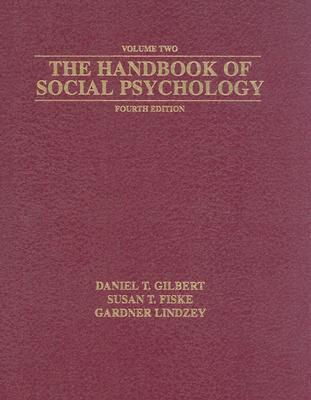 The Handbook Of Social Psychology, Fourth Edition
The Handbook Of Social Psychology, Fourth Editionby Daniel Todd Gilbert
-
 The Handbook Of Social Psychology, Fourth Edition, Volume Two
The Handbook Of Social Psychology, Fourth Edition, Volume Twoby Daniel Todd Gilbert
-
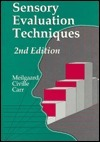 Sensory Evaluation Techniques: Second Edition
Sensory Evaluation Techniques: Second Editionby Morten C. Meilgaard
-
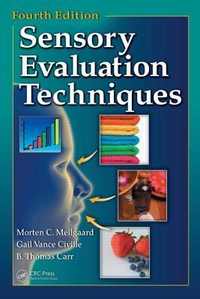 Sensory Evaluation Techniques
Sensory Evaluation Techniquesby Morten C. Meilgaard
-
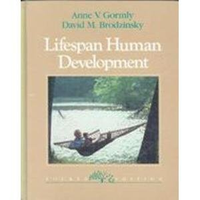 Lifespan Human Development 4e
Lifespan Human Development 4eby Anne V. Gormly
-
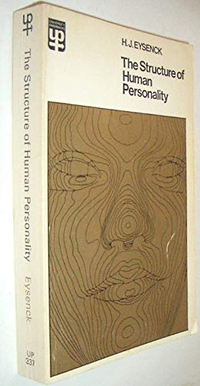 The Structure of Human Personality
The Structure of Human Personalityby Hans Jürgen Eysenck
-

-
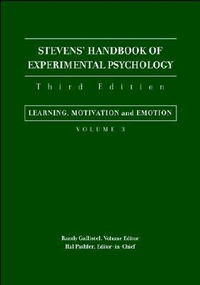
-
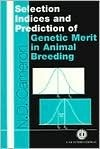 Selection Indices and Prediction of Genetic Merit in Animal Breeding
Selection Indices and Prediction of Genetic Merit in Animal Breedingby N. D. Cameron
-
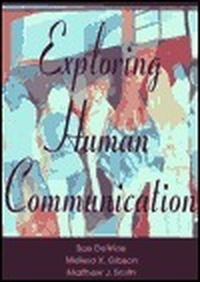 Exploring Human Communication
Exploring Human Communicationby Sue Dewine